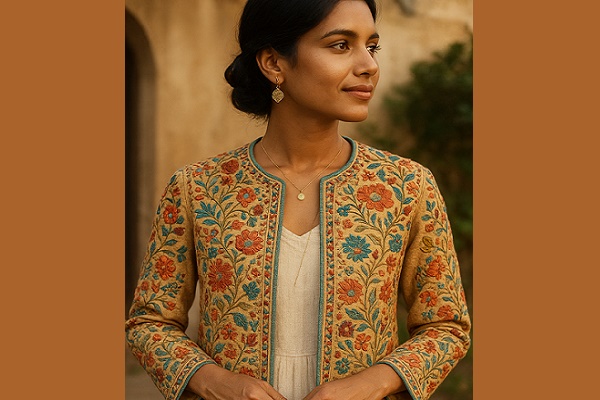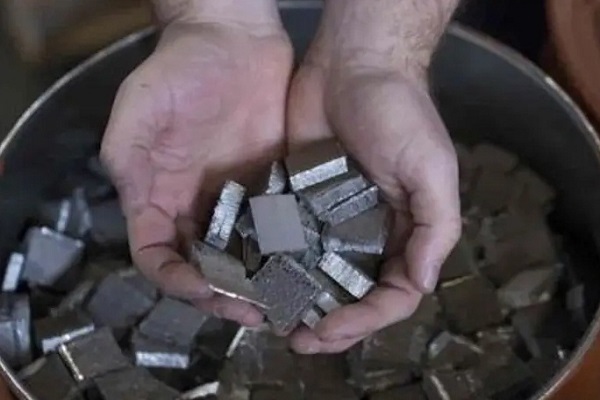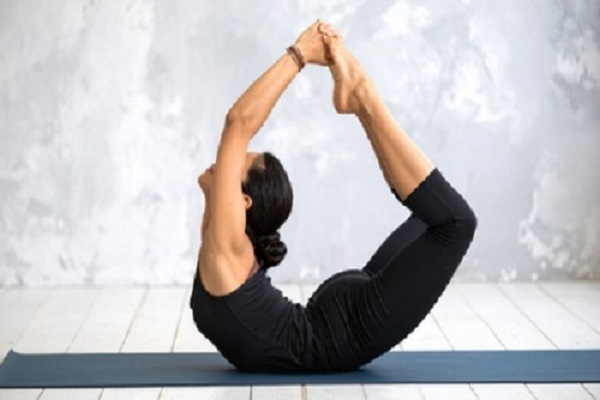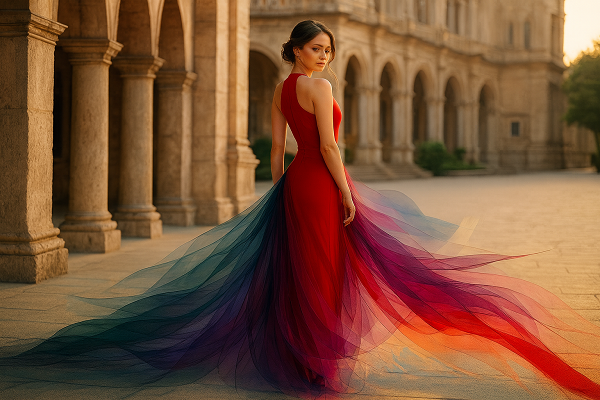The Return of Handcrafted Fashion: Why Artisanal Pieces Are Back in Demand

In a world dominated by fast fashion and mass production, something extraordinary is happening—handcrafted fashion is making a powerful comeback. Shoppers are shifting away from disposable trends and turning toward garments and accessories that tell a story. These pieces carry emotion, soul, and the unmistakable touch of skilled human hands.
From embroidered jackets in India to handwoven scarves in Italy, artisanal fashion is not just a trend—it’s a revival of heritage, craftsmanship, and conscious consumerism. Let’s explore why handcrafted fashion is becoming the new luxury.
1. A Shift Toward Slow, Sustainable Fashion
The global conversation about sustainability has grown louder, and consumers are increasingly aware of the environmental cost of fast fashion.
Handcrafted fashion offers a solution:
Made in limited quantities
Uses natural or locally sourced materials
Produces minimal waste
Endures longer due to superior quality
The return of artisanal pieces is part of a collective desire to own fewer but better items.
2. The Beauty of Imperfection: “Human Touch” Matters
Fast-fashion items are machine-perfect, but often emotionally empty.
Handcrafted pieces have:
Tiny variations
Unique textures
Subtle imperfections
Personal attention
These qualities remind buyers of the human artistry behind the product, giving each piece a distinct personality. In a world of mass uniformity, uniqueness has become the new luxury.
3. Heritage Crafts Are Becoming Fashion Statements
Traditional techniques—once seen as outdated—are now celebrated on global runways.
Examples include:
India’s zardozi, chikankari, and handloom weaving
Japan’s shibori dyeing
Peru’s alpaca weaving
Morocco’s hand-tooled leather
Italy’s hand-stitched couture
These crafts blend cultural history with modern silhouettes, making them irresistible to style-conscious buyers.
4. Handmade Means Higher Quality and Longer Life
Artisans spend hours, sometimes days, perfecting one piece.
This leads to:
Stronger stitching
Better fabric handling
Higher durability
Longer-lasting colors
Robust construction
People now understand that handcrafted fashion is not just beautiful—it’s value for money.
5. Consumers Want Meaningful Purchases, Not Impulse Buys
Modern shoppers—especially millennials and Gen Z—prefer meaningful, intentional purchases.
Handcrafted pieces offer:
Emotional connection
Authenticity
Storytelling
A sense of exclusivity
Owning an artisanal piece feels like owning a part of someone’s culture and creativity.
6. Supporting Artisans and Local Communities
Every handcrafted piece supports:
Local artisans
Rural economies
Women's collectives
Preserved traditions
Fair labor practices
Consumers feel empowered knowing their purchase is not just stylish—but socially impactful.
7. Social Media Has Amplified the Craft Revival
Platforms like Instagram and Pinterest have turned artisans into global sensations.
Fashion influencers now proudly showcase:
Handmade bags
Embroidered jackets
Hand-dyed dresses
Knitted cardigans
Hand-beaded jewelry
This visibility has created a digital renaissance for handcrafted fashion.
8. Customization: A Luxury That Machines Cannot Replace
Handmade fashion allows for personalization:
Monogramming
Custom colors
Tailored sizes
Unique motifs
This emotional customization has become a top reason why consumers choose artisanal over fast fashion.
9. Big Luxury Brands Are Reintroducing Handcrafting
Leading houses like Dior, Chanel, and Hermes have revived their in-house ateliers.
Their couture collections often showcase techniques like:
Hand-beading
Hand-pleating
Fine embroidery
Hand-painting fabrics
This elevates handcrafted work to global luxury status.
Conclusion: The Heart of Fashion Is Beating Again
The return of handcrafted fashion is more than a trend—it’s a movement toward authenticity, sustainability, and emotional value. As the world becomes more digital, consumers crave pieces made with passion and intention.
Artisanal fashion reflects who we are: unique, expressive, and connected to our roots.
In choosing handcrafted pieces, we celebrate culture, empower artisans, and embrace fashion that truly means something.
Handmade is not just back.
It’s here to stay—and shaping the future of fashion.
























